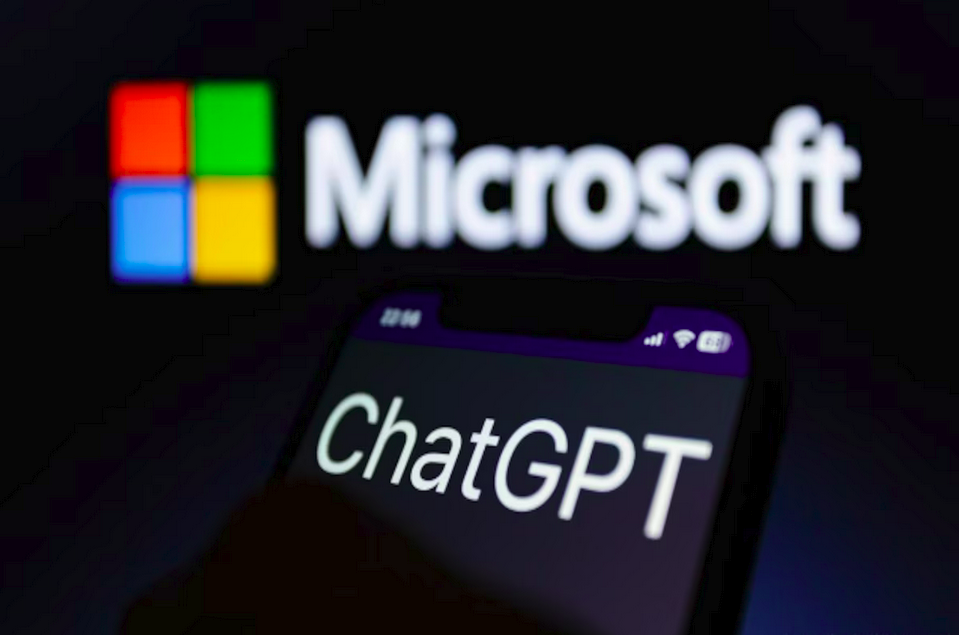ChatGPT, OpenAI’s viral, AI-powered chatbot tech, is now available in a more enterprise-friendly package.
Microsoft today announced that ChatGPT is generally available through the Azure OpenAI Service, the company’s fully managed, corporate-focused offering designed to give businesses access to OpenAI’s technologies with added governance and compliance features. Customers, who must already be “Microsoft managed customers and partners,” can apply here for special access.
ChatGPT joins the range of other OpenAI-developed systems already served through the Azure OpenAI Service, including the text-generating GPT-3.5, the code-generating Codex and the image-generating DALL-E 2. Microsoft has a close working relationship with OpenAI, having invested billions into the startup and inking an exclusive agreement to commercialize OpenAI’s AI research.
The Azure OpenAI Service flavor of ChatGPT is priced at $0.002 per 1,000 tokens, or about 750 words, with billing for ChatGPT usage to begin March 13. (ChatGPT consumes raw text represented as a series of tokens; the word “fantastic” would be split into the tokens “fan,” “tas” and “tic,” for example.) That’s the same price as the developer-focused ChatGPT API, which launched on March 1.
Eric Boyd, the CVP of AI platform at Microsoft, noted in a blog post that Azure OpenAI Service customers can configure ChatGPT’s responses to “align with their organization.” That’s an important callout given users have been able to prompt ChatGPT to answer questions in racist and sexist ways, invent facts without disclosing that it’s doing so and bypass certain high-level safeguards.
“Developers can integrate custom [ChatGPT-powered] experiences directly into their own applications, including enhancing existing bots to handle unexpected questions, recapping call center conversations to enable faster customer support resolutions, creating new ad copy with personalized offers, automating claims processing and more,” Boyd wrote.
Despite ChatGPT’s more problematic aspects, uptake has been swift. OpenAI has yet to provide API usage numbers, but as of December, the consumer-facing ChatGPT app had an estimated over 100 million monthly active users. Brands including Snap and Quizlet have integrated — or plan to soon integrate — it into their respective platforms. For instance, Instacart says it’ll use ChatGPT to create Ask Instacart, a tool that’ll allow Instacart customers to get “shoppable” answers informed by product data from the company’s retail partners. And Office Depot is building a ChatGPT-powered chatbot to support several of its internal business units, specifically in HR.
There’s been pushback from some employers, though. Wells Fargo is among several firms that’ve reportedly imposed usage limits on ChatGPT out of productivity and compliance concerns.
Source: TechCrunch



